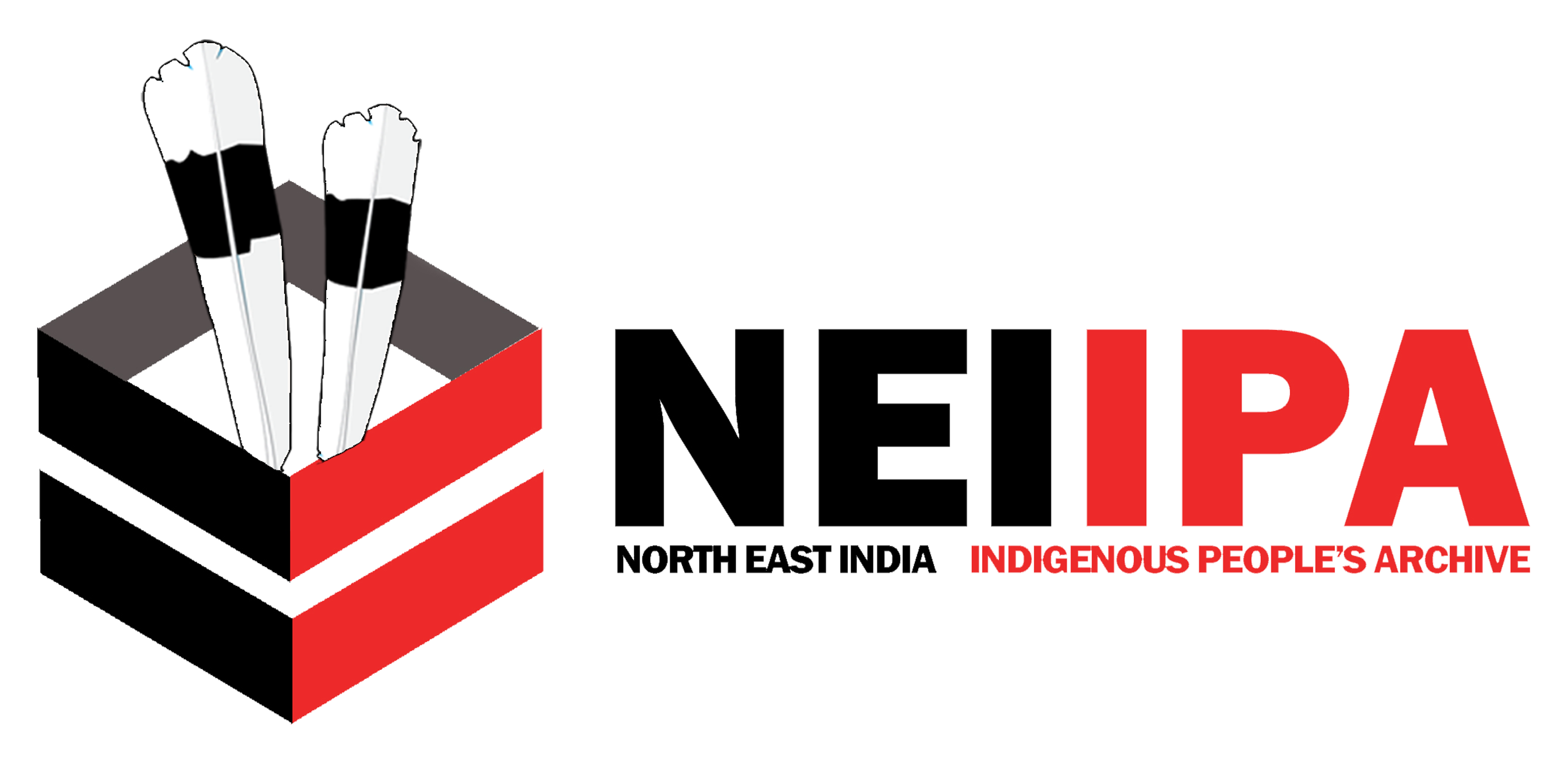An initiative by Tetso College, North East India Indigenous People Archive (NEIIPA) is an open access digital archive established for hosting and storing linguistic and cultural materials of North East India.
A digital archive is a platform to store informations in the form of electronic files such as audio, video, picture or text for longer period of time. When earth quake or fire comes, those files will remain safe and can be used by future generations.
If you notice all or any of the following in your community, then your language is endangered:
I feel my native language will be spoken only by few people in the next generation.
My community members speak other language among themselves.
My language is not taught at school or used at office.
Traditional cultivation system, healing knowledge or food recipe of my community are practised only by few villages of my tribe.
Folk songs, dance and folk tales are remembered only by some elders.
Our way of life, – be it social, occupation, belief, traditional knowledge – everything is embedded only in our language. Once our language is no more, our way of life i.e. identity will be no more. Many communities in the world does not have a written literature but oral literature. In the fast changing world oral literature is at great risk from surviving and required to be documented digitally.
Any young or old native speakers or researchers around the world can submit materials at NEIIPA.
You can submit the following items after you record (audio/visual) them properly:
- Folk songs
- Folk tales
- Ethnic knowledge such as how a baby is delivered in your culture.
- Traditional healing system, food recipe, cultivating system, etc.
- Any linguistic materials (including normal conversation in real life situation of native speakers on any topic).
Please see our submission guideline here. Before you begin to submit any item, please contact us for smooth transfer of data.
You can submit as much as you can provided you provide required information to each item. Each item require separate information as it is a different item performed or narrated by different persons.
It is simply process of writing down a spoken form into a written form using an International Phonetic Alphabet (IPA) symbols instead of Roman or Devanagari script. This will enable any linguist around the world to read the speech sound you have submitted correctly so that it may be used for language learning and language revitalisation.
It is not mandatory at this stage.
The process of aligning each syllable (morpheme) with their corresponding grammatical features is morpheme segmentation. This can be done only if you’re a trained linguist. This is not mandatory at this stage. This process needs more time and resources but if anyone can do so, it is brilliant.
Any researchers can ethically use it freely for academic purpose. A user is expected to acknowledge the host/publisher, creator, and the performer. Please refer our citation policy.
Your language will be preserved safely and can be revived from these materials. In addition, it will become a cultural knowledge bank for the community members and an entity for their identity as a community. It will be an important resources for scholars to study, annotate, analyse, and publish them. These materials such as folk tales and narrations will become an important data for preparing mother tongue education materials.
There are so many well established international archives (e.g. ELAR, TLA, DeLAMAN, CoRSAL, etc), some of which are free and some are not. You can submit in the above archive as well. You choose NEIIPA because it is free, easy to contact us directly and the submission process is simple.

